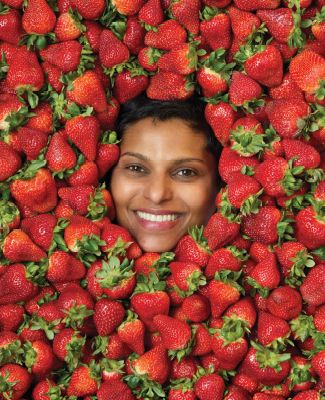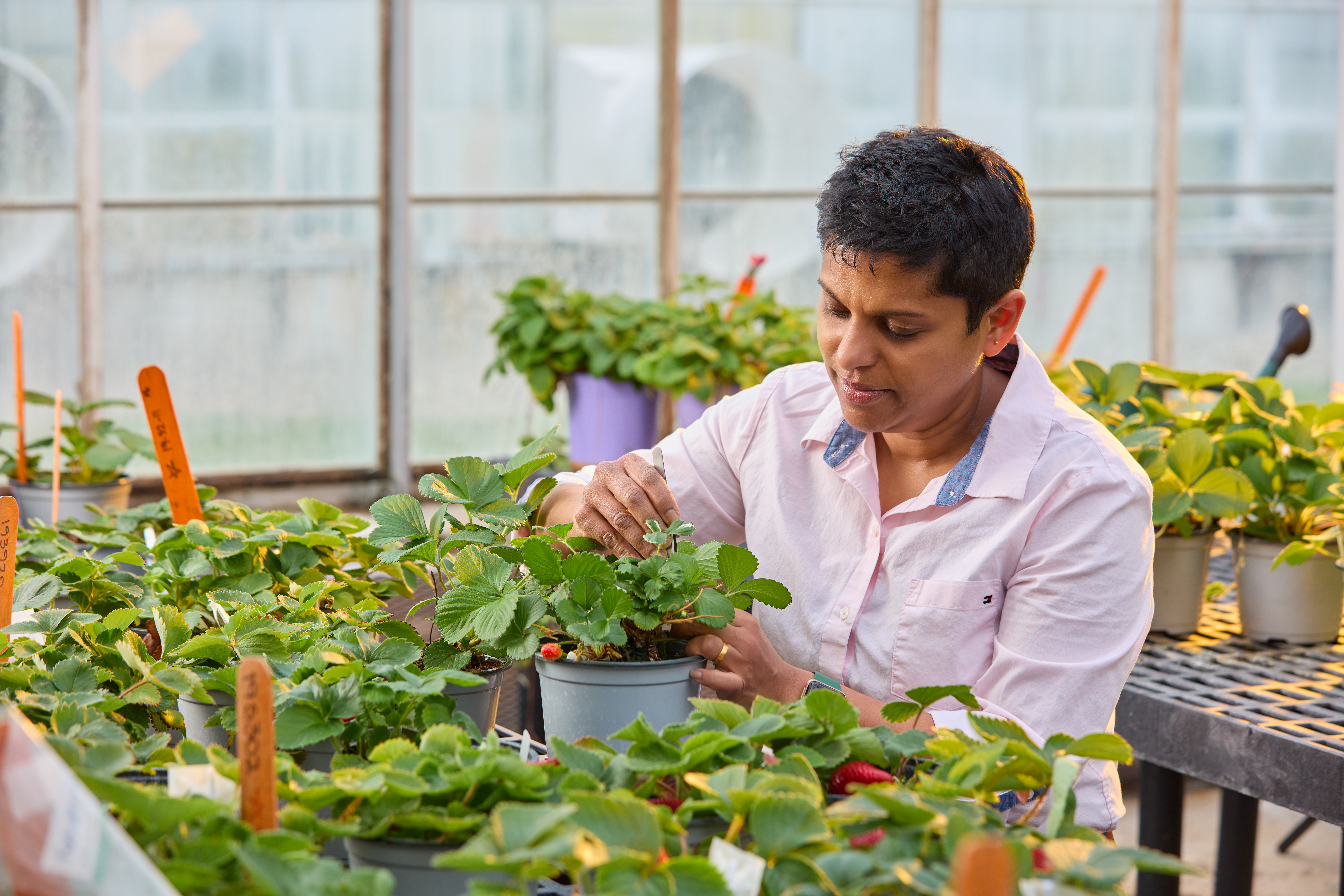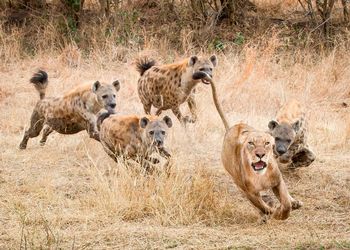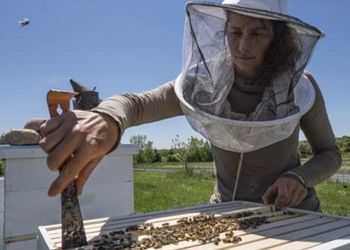The Global Greenhouse

The Global Greenhouse
May 21, 2024“Where do you see yourself in 25 years from now?”
Presented with this question in the final year of her doctoral program, Dr. Cholani Weebadde, ’05, knew her answer: “I want to train the next generation of plant breeders as hunger fighters.”
Fast forward 20 years, now an associate professor and Plant Breeder for International Programs at MSU, Weebadde is putting that plan into action by launching the Global Plant Breeding (GPB) online masters program to teach students worldwide in the latest tools and technologies in plant breeding so they can fight hunger in their home countries.
Weebadde’s focus on capacity-building is motivated by an ever-ticking clock: experts estimate that global food production must double by 2050 to feed a growing global population. And to meet this goal, plant breeders need to efficiently develop climate-resistant crops that can be sustainably grown. Tackling this challenge will require building global knowledge networks, and Weebadde believes that MSU is uniquely positioned to lead.
“MSU has a global name, with globally respected leaders in agriculture. So, when I think, ‘why MSU?’, it’s because of the amazing global knowledge network we have built and the globally relevant training programs we offer here. Those two together can help feed a hungry world.”
- Cholani Weebadde, ’05, Ph.D., Associate Professor, Plant Breeder for International Programs
Bridging a global knowledge gap
Originally from Sri Lanka, Weebadde came to MSU in 2000 as a graduate student in the College of Agriculture and Natural Resources (CANR).
Weebadde’s journey to starting the GPB program began with an informal parking lot meeting with Dr. Karim Maredia, the director of International Programs at CANR. When he described the impact of MSU’s international agriculture program, Weebadde was surprised–and impressed.
“I did not know the extent of MSU’s impact internationally,” she said. “We continued to talk all the way into the building and by the time we got to the elevator Karim said, ‘do you want to work with me?’”
In the early days of their collaboration, Maredia asked about her 25-year plan, and she realized that to become a hunger fighter, she would need to look beyond the borders of MSU, Michigan and the US. So, she began traveling and meeting with students and scholars across the world. She observed a sharp divide between traditional plant breeders and researchers like herself, who are trained to use the latest biotechnology methods. Without an understanding of modern technology and tools and hands-on experience, these plant breeders are at a significant disadvantage, hindering their ability to increase efficient food production worldwide.
“And then Covid happened”
During the early days of the Covid-19 pandemic, Weebadde was unable to host in-person training programs at MSU or abroad, which led her to consider developing an online course that would allow her to train students without traveling. She first offered Plant Breeding 2 Fight Hunger as an online course in the summer of 2021. The response was immediate.
“In the first year, I had 102 participants from 21 countries,” she said, “with some seeking online degree programs in plant breeding.”

Leveraging a renowned reputation
Weebadde quickly realized the urgent need to connect more plant breeders with the skills required to meet the demands of the future. At MSU, while she has a full-time teaching appointment, she has been maintaining a research program in strawberry breeding to provide hands-on training to graduate and undergraduate students.
She plans to launch the GPB program in January 2025 and is determined to acquire funding to establish an endowment for the program to support students through scholarships.
“My idea in this program is to deliver cutting-edge knowledge through online courses while connecting research institutions on the ground to our knowledge network. This way we can provide a more holistic view of how to get better varieties to farmers faster,” she said. Her goal for the GPB is to train at least 100 plant breeders in the next five years, who can use their new skills to transform food production in their home countries.
Reflecting on that “where do you see yourself in 25 years” question today, Weebadde’s answer hasn’t changed: she still wants to educate and inspire hunger fighters. However, in 2004, she didn’t have a way to accomplish her goal. With the creation of the GPB program, she has found her path.
“Five more years from now would be 25 years from when I was first asked that question by Karim,” she said. “Let's hope I can achieve my dream.”
Contributing Writer(s): Alex Dardas, '15




